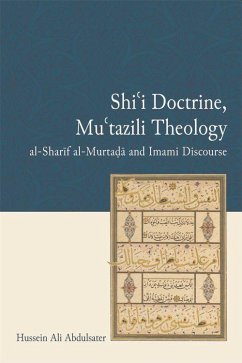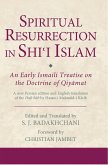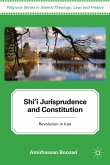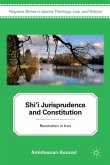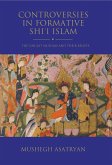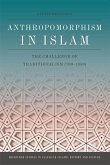Examines the critical turn that shaped Imami Shiʿism in the tenth and eleventh centuries God is not free to act; He is bound by human ethics. To be just, He must create an individual of perfect intellect and infallible morality. People are obligated to submit to this person; otherwise eternal damnation awaits them. While these claims may be interpreted as an affront to God's power, an insult to human judgement and a justification for despotism, Shiʿi Muslims in the eleventh century eagerly adopted them in their attempts to forge a 'rational' religious discourse. They utilised everything from literary studies and political theory to natural philosophy and metaphysical speculation in support of this project. This book presents the contribution of al-Sharīf al-Murtaḍā (d. 1044) of Baghdad, the thinker most responsible for this irreversible change, which remains central to Imami identity. It analyses his intellectual project and establishes the dynamic context which prompted him to pour the old wine of Shiʿi doctrine into the new wineskin of systematic Muʿtazili theology. Key Features - Comprehensive coverage of al-Murtaḍā's enormous oeuvre (running to several thousand pages) and diversity (spanning virtually all contemporary fields of knowledge) - A meticulous engagement with long and dense theoretical texts that are either in manuscript form or poorly edited - An orderly presentation that equips readers with an overall understanding of Shiʿi theology in its main phases while preserving the profundity of analysis - The study of a little-known author whose views, nonetheless, are still a major influence for Shiʿi Muslims Hussein Ali Abdulsater is Assistant Professor of Arabic Culture and Islamic Studies at Department of Classics, University of Notre Dame. Cover image: W.579, Prayer, ʿAlī ibn Abī Ṭālib, Caliph, ca 600-661, Arabic (1534 CE, Astarābād (Iran)). Courtesy of the Walters Art Museum's Works of Art and made available through the Creative Commons Attribution-ShareAlike 3.0 Unported licence Cover design: [EUP logo] edinburghuniversitypress.com ISBN 978-1-4744-0440-2 Barcode
Hinweis: Dieser Artikel kann nur an eine deutsche Lieferadresse ausgeliefert werden.
Hinweis: Dieser Artikel kann nur an eine deutsche Lieferadresse ausgeliefert werden.

